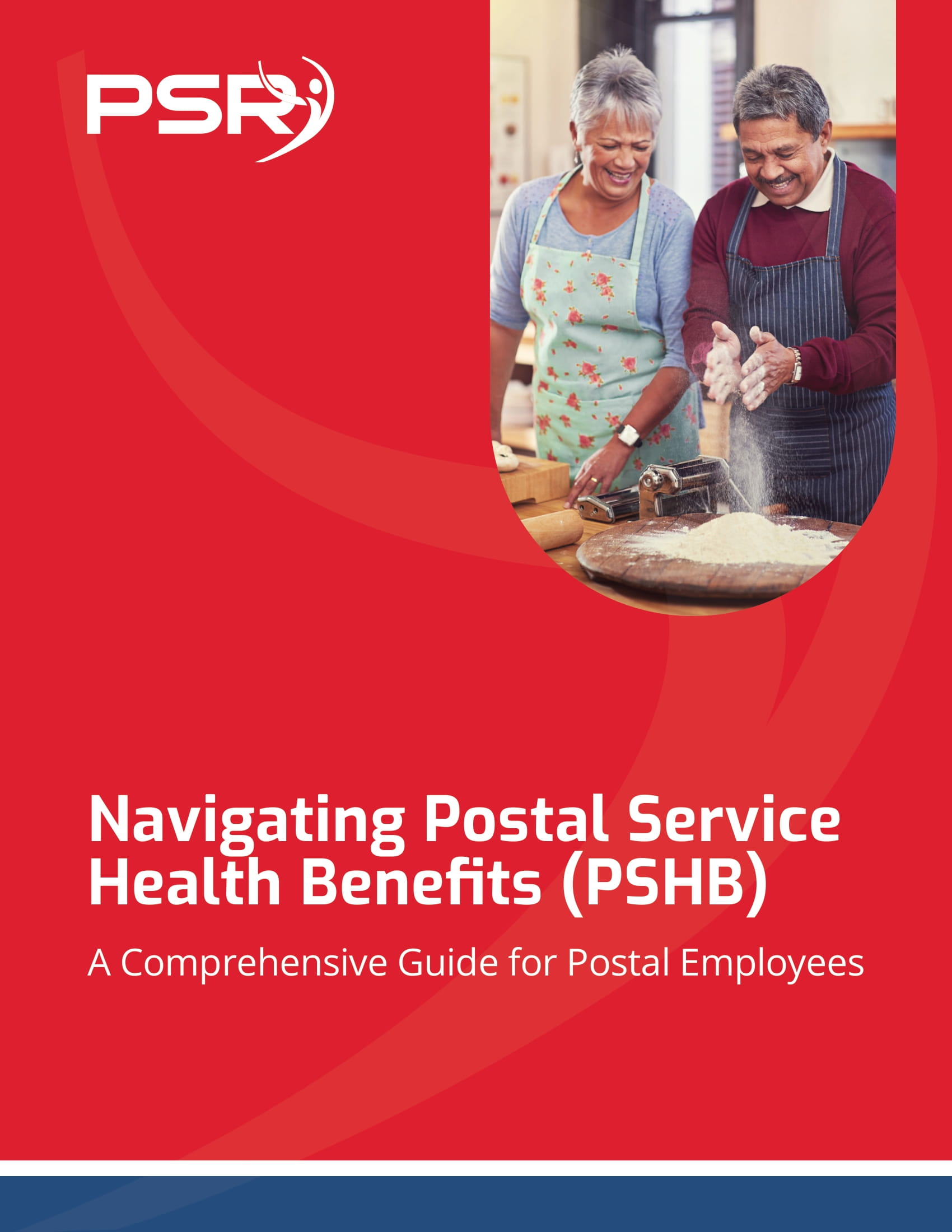[vc_row][vc_column width=”2/3″ el_class=”section section1″][vc_column_text]When a family member passes, you will have enough to worry about without having money enter the equation. While it is often unavoidable, there are options available to help aide you when cashing in any annuities the deceased might have left behind, that can help take some of the burden off of you.
- Also Read: Divorce and Your Federal Pension—What Happens When You Split Assets and How It Could Affect Your TSP
- Also Read: What Happens to Your Federal Benefits After Divorce? Here’s the Lowdown
- Also Read: The Best FEHB Plans for 2025: Which One Fits Your Lifestyle and Budget the Best?
Before you start making any moves, it is best to get in touch with a financial advisor to help you work your way through these complicated laws and contracts. Finding a good advisor is paramount, as they not only will help you in dealing with these claims but could also help you in the future, after getting to know your particular financial situation.
Even then, because of the various companies that offer annuities and all there particular and individual ways of doing things, even a seasoned advisor will have to work to figure out the best situation for you too. But there are practices in place for both you and your advisor to follow that can help net you the best results.
Firstly, you’ll want to get in touch with the insurer, in particular, customer service, and inform them of what is going on and what you are looking to get out of this death benefit. They should be able to list out the types of things that that agency offers. They also will have the information on further resources for you to get in touch with, like claims departments and other departments that would be of interest to your needs.
If you are the spouse of an annuitant, you will have different options compared to children and other non-married beneficiaries. That is why you want to speak directly to customer service and let them know all the particulars of your situation.
Death benefits can also be moved from one company to another using what is known as a 1035 exchange. Certain insurers may not have the type of settlement that is conducive to your situation, and another insurer might, so a 1035 exchange is a process in which you can move the money to that other account, for a nominal fee. But this is only an option if the insurer allows it, and certain companies do not allow 1035 exchanges. This is where your advisor comes in, who can help navigate your options, or possibly get a reprieve on the rules, pushing the 1035 exchange through even if its technically not an option.
Moving the money from one contract to another though does not make it so you can keep the annuity. The death claim will still have to be filed, as the original contract is now void.
Typically, there is a one year window in which you can file the death claim on an annuity. Failure to figure it out before then could result in a lump sum payout, regardless if that the best situation for the beneficiary.
This is general information and a good jumping-off point for beneficiaries and financial advisors alike. By starting here, you can help honor the life of the person passed by securing your financial future to the best of your ability.[/vc_column_text][/vc_column][vc_column width=”1/3″][vc_single_image image=”37255″ img_size=”292×285″ style=”vc_box_shadow”][/vc_column][/vc_row]









